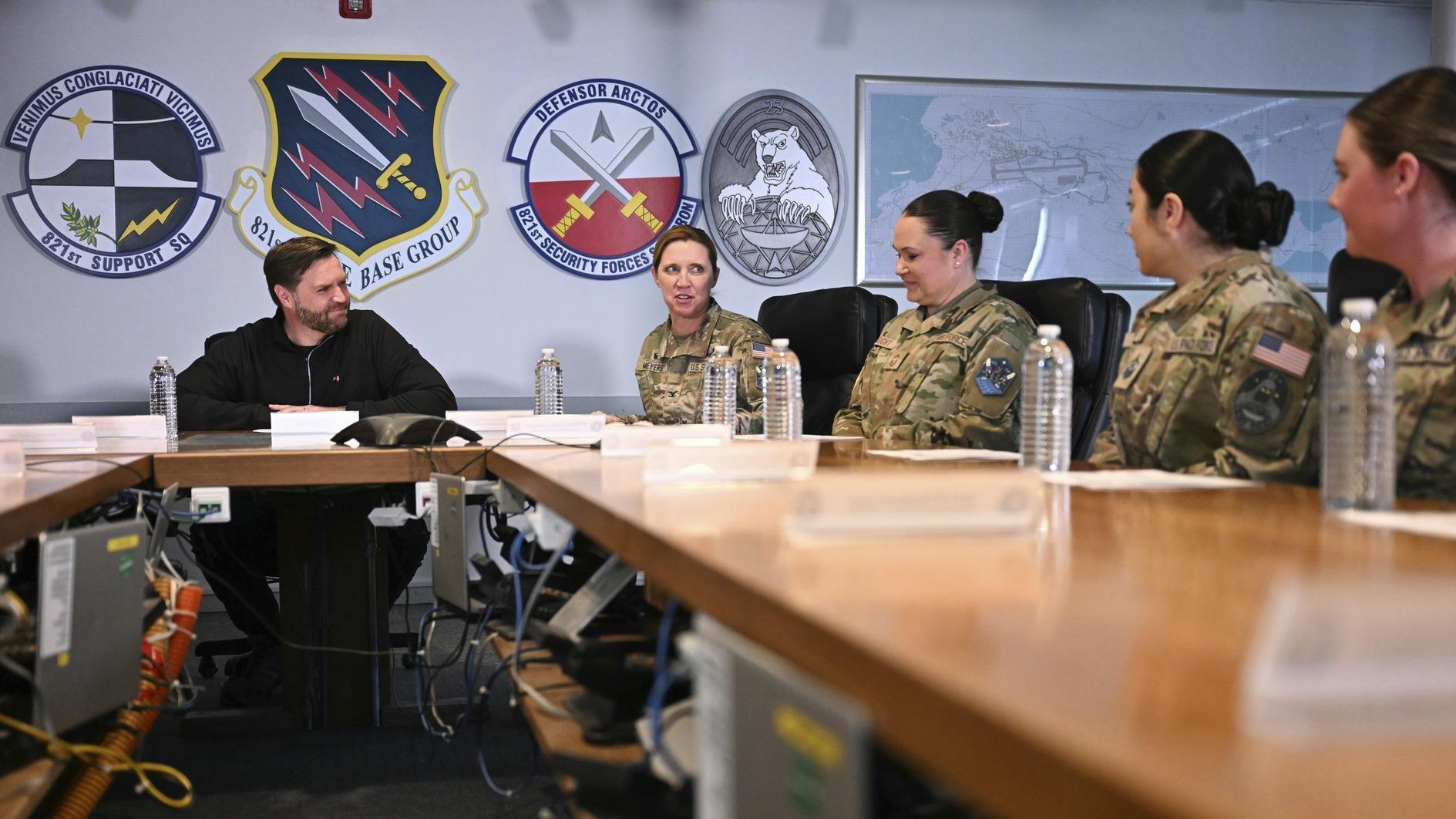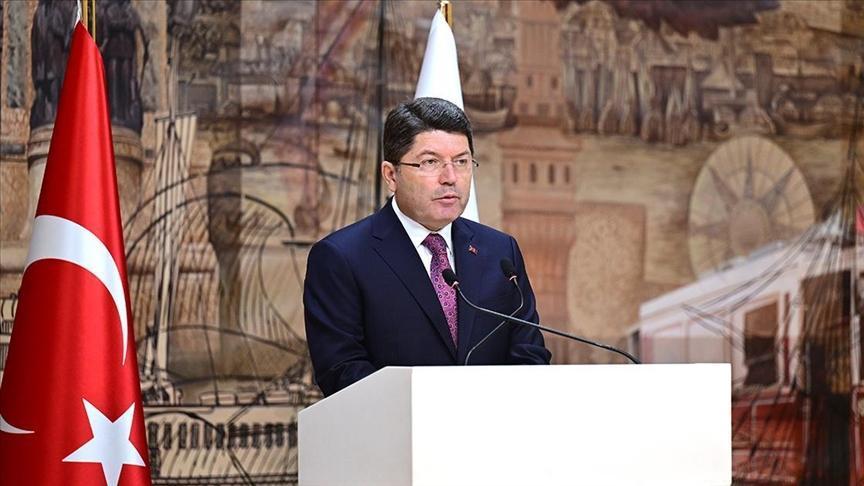World War IV?
“War, for whatever this means to anyone,” says Greek philosopher/author Nicholas A. Biniaris, “is no longer Homer’s well-known narrative.” As the introductory chapter of Mr. Biniaris’s historical novel, “The Call of the Desert,” forcefully tells us: “The Third World War has up to now been averted; but we are in the midst of the Fourth.”
A quick Google search will produce 319 million results if you type in “peace” and “Middle East” and 733 million results if you type in “war” and “Middle East.” Perhaps this is a simple, coincidental mathematical comparison illustrating polity in this part of the world.
Based on various official statements, we can safely conclude that the prerequisites for peace in the Middle East, according to the Turkish foreign policy calculus, are as follows:
1) Israel should remove the naval blockade of the Gaza Strip.
2) Israel should surrender its nuclear weapons arsenal.
3) Israel should return to its pre-1967 borders.
4) Turkish cabinet members should be able to pray at the al-Aqsa Mosque in the “Palestinian capital al-Quds (Jerusalem).”
5) The “terrorist state” Israel and the “half-state” Cyprus should end their joint exploration efforts for hydrocarbons in the Mediterranean. But this is not the complete list.
For peace in the Middle East, there is also a not-so-official Turkish wish list:
1) Syrian leader Bashar al-Assad should immediately quit power and the regime should be replaced by “good Sunni Muslim Syrians” who should adore “good Sunni Muslim Turks.”
2) The West should keep on negotiating with Tehran, without any sanctions or hard talk, until Iran has officially announced that it has acquired the nuclear bomb, but
3) Shia Iran should not fight a sectarian proxy war against Sunni Turkey.
Nice list. But still incomplete. Last week, visiting Tunisia, Turkish President Abdullah Gül said Turkey was opposed to any force from outside the region intervening in Syria. He did not explain, though, why Turkey has been intensively consulting with the western “Friends of Syria” to topple Mr. Assad. Are the U.S., Britain and France from inside the region? Or does President Gül think Russia and China are from outside the region but the U.S. and Europe are in the Middle East?
Adding further curiosity and complication to the matter, Tunisian President Moncef Marzouki said Tunisia was against non-Arab intervention in Syria. Why, then, is Turkey intervening in a leading role? Is Turkey an Arab country? What about the Kurds? Should Syria’s Kurds refrain from “intervening” because they are not Arabs?
Apparently, Arabs and Turks have quite confused minds as to how to achieve lasting peace in Syria in particular and in the Middle East in general. This is probably because they have quite exotic ideas on what constitutes peace.
According to Ambrose Bierce’s “The Unabridged Devil’s Dictionary,” peace is “a period of cheating between two periods of fighting.” For some Palestinians, peace is Katyushas fired randomly at Israeli soldiers (read: any Israeli person aged 0-110). For Turkish Foreign Minister Ahmet Davutoğlu, it is peaceful prayer at the famous mosque in the “Palestinian capital Jerusalem.”
For Prime Minister Recep Tayyip Erdoğan, it may be the revival of the Ottoman caliph in his own personality. For Mr. al-Assad, it is a Syrian population minus half. For the mullahs in Tehran, it is having the Zionist state removed to Alaska. And for the Saudi Kingdom, it is probably arming both Israel and Iran with nuclear weapons first and then having both removed to Alaska where they could fight in peace.
Now let’s think honestly: What, really, would have happened if Israel’s entire nuclear arsenal had been in the possession of, instead of the Jewish state itself, its “peaceful” Arab neighbors for the last half a century? Absolute peace in the Middle East? Depends on what you understand by peace.










